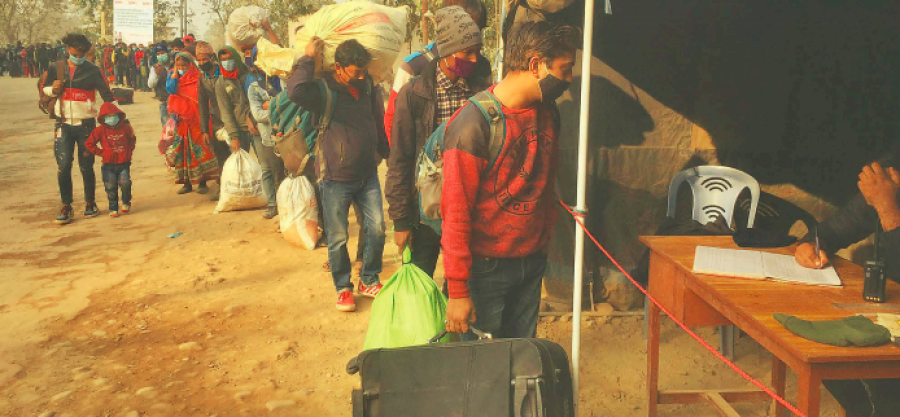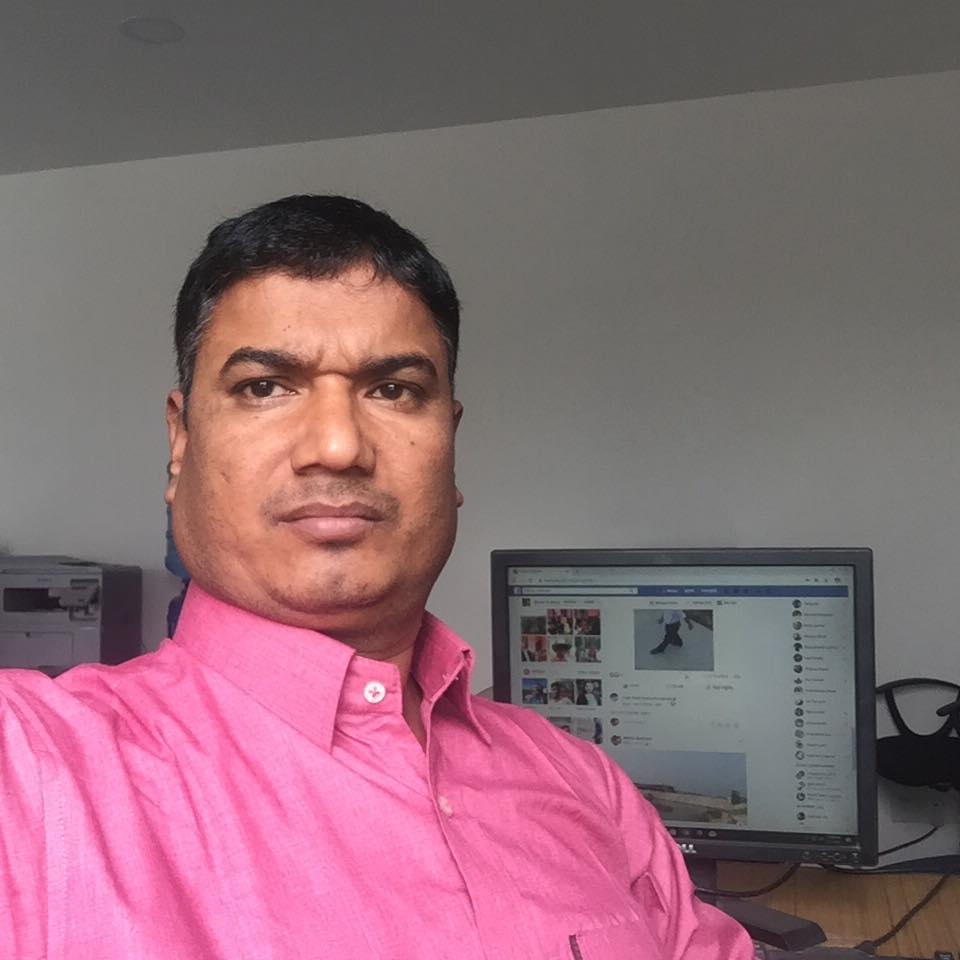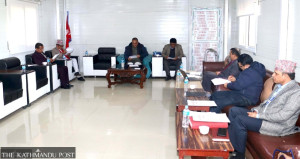Sudurpaschim Province
Nepalis are leaving for India to work—in droves
Most migrant workers returning to India fear political instability in Nepal may lead to an unstable economy, pushing them to the brink of poverty.
Mohan Budhaair
A large number of people from Sudurpaschim Province go to India for employment every year. But this year’s coronavirus pandemic saw many of them return home. Most came harbouring hopes of staying back in Nepal and making a decent living to avoid returning to India.
But on Tuesday alone, over 1,000 individuals crossed to India in search of employment through Trinagar-Gauriphanta border point in Kailali district.
According to the data of the Ministry of Social Development, 300,000 to 400,000 individuals working in India and overseas returned to Sudurpaschim Province since the start of the pandemic. But almost all of them returned to their respective work destinations between August and November.
Rajendra Kunwar, police inspector of the Armed Police Force who is responsible for maintaining security and keeping data of individuals at the border point, said over 121,000 individuals have already returned to India from Gauriphanta border since August.
“Over 200,000 individuals crossed the Nepal-India border between December 16 and December 21. Between mid-November and mid-December, 34,881 people entered India from the border point,” Kunwar said.
Many of those returning to India have their own reasons—some are going back for a lack of better opportunities at home while others say they see no hope for the country given the latest political developments.
On Sunday, Prime Minister KP Sharma Oli Oli dissolved the House of Representatives and set the next election dates for April 30 and May 10 next year.
Dev Singh Dhami, a 55-year-old man from Deuthala in Bajhang, recently returned to Punjab in India from Gaddachauki. He had thought he wouldn’t have to return to India for work but the political instability in the country made him change his mind.
“The selfishness of the political leaders is once again leading the country down a dark road. I had high hopes from this government but what’s happening right now has left me without any hope for a better life for people like us,” Dhami said.
According to him, he will not return to Bajhang to cast his vote in the upcoming election. “We returned home due to the pandemic but it was becoming increasingly difficult for us to survive without any source of income,” he said. “I had thought things would change but it doesn’t look like they are going to.”
Bharat Dhami, a 46-year-old native of Deuthala, says he too will not come back to his village to cast his vote if elections are to be held next year as declared by Oli.
“What is the point of elections if the leaders do as they please? In the last elections of 2017, we came all the way from Punjab at our own expense to cast our votes. Look where that has brought us,” he said.
Narad Upadhyay, a resident of Dipayal in Doti district, says he had cast his vote in the last elections in support of the current government. But after enduring three years of unemployment and poverty in his village, he decided to go to New Delhi in India to look for a job.
“The country has always been gripped by conflict and instability. I cast my vote to CPN-UML and the Maoist hoping for prosperity and political stability. But that hope never materialised. The recent developments have pushed the country further into chaos,” said Upadhyay. “In the current scenario, there is an even less chance for people like us to have employment opportunities in our villages or even in the country itself.”
However, Bir Bahadur Air, a resident of Ajayameru in Dadeldhura, says he still has hope for the country and that he will return to cast his vote. “I still have faith in democracy and I believe in people’s polls. But whichever government comes in power next must be able to promise us that we will not have to go to foreign countries to keep our families fed.”




 18.12°C Kathmandu
18.12°C Kathmandu















